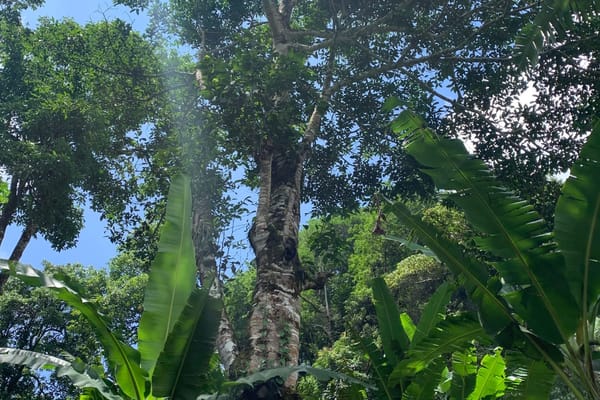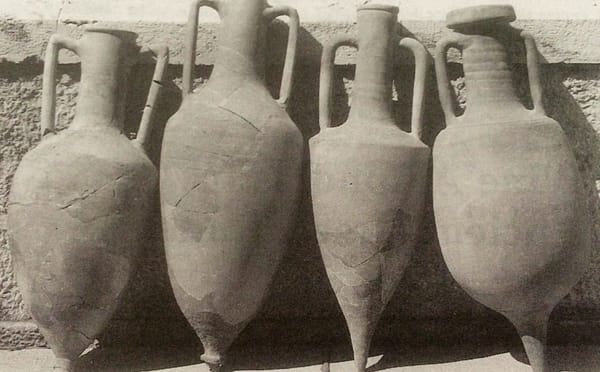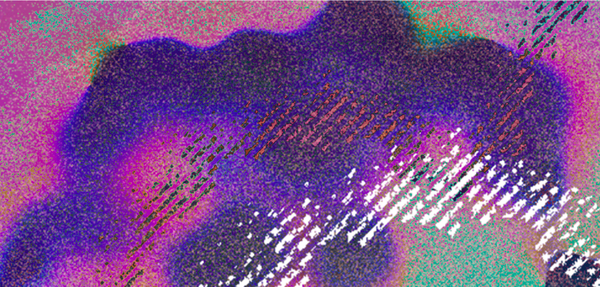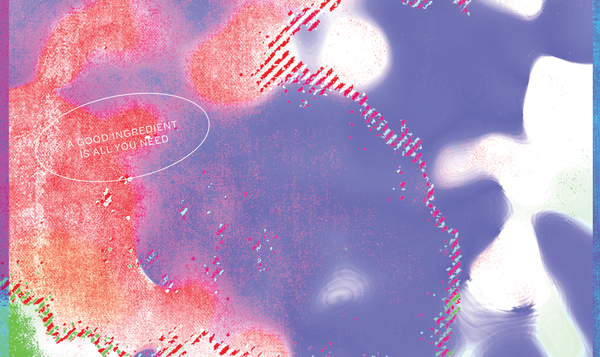Seed Sovereignty, Coffee, and a real-life “Dark Crystal” narrative.

“I’ve never seen you listening so intently” Nate laughed as I’m curled up in a ball, eyes peeled, waiting to see the fate of our new Gelfling friends as they start resistance to the Skeksis’ rule over their world.

I was too transfixed to be offended- This genre of storytelling is way too good at throwing up a mirror at our world and revealing larger themes. Firstly, The Dark Crystal prequel is amazing, just watch it (pleeeease? please?), and secondly, you’ll be able to reflect on things like power balance on a global scale, climate change, and the human condition. You know, just some light subject matter. Nothing too heavy.
In the letter we send out with Grape Nectar – Raro, Uraga, I touch on a story about a vexing power imbalance between a Dutch Businessman and the Entire Country of Ethiopia. Here’s a nice setup from Paul Schemm for the Washington Post:
“But until just recently, an obscure Dutch agronomist held the patent for making pretty much anything out of teff flour, strangling Ethiopia’s ability to market and sell its millennia-old grain. The tale of how that happened – and how Ethiopia won back control of its staple crop – is an object lesson in how the worldwide practice of patenting agricultural products often harms those in the developing world. “
In the article, Paul recounts how the Ethiopian Institute of Biodiversity Conservation partnered with a Dutch company owned by agronomist Jans Roosjen. The agreement was that the agronomist would collect 12 different strains of Teff, and turn them into products that both parties would then benefit financially from.
A good deal?
That’s where things turn, well, very Dark Crystal-like. The only sub-Saharan African country that was never colonized, who has thousands of years with this important grain, turned this crop over to someone who they thought they could trust. Instead, this Dutch company patented anything made from Teff in multiple countries in the EU, blocking Ethiopia from benefiting from the exchange.
Fortunately, the story begins to shift when there was another lawsuit with a different Dutch company using teff, and the patent expiring in The Netherlands, but this is an ongoing struggle with multiple countries involved.
It’s no wonder, then, that at any of the airports in Ethiopia, you’ll see signs saying that taking any seed out of the country is a felony. In a country that has over 80% of its GDP in agriculture, these seeds don’t just belong to Ethiopia, they ARE Ethiopia (including coffee: let’s not forget, that’s a seed too).
Coffee is a crop that this East African nation is especially wary of collaborating on – So as a result, there wasn’t much knowledge shared over the last few decades among coffee enthusiasts. We knew these flavour profiles were special & diverse, the very best ones were intensely perfumed and sweet. Things are starting to change recently, with fundamental changes in how coffee is bought and sold in the country, and who is allowed to hold export licences. It used to be that if you were an exporter, you bid blind on lots from larger areas like Sidamo, Yirgacheffe and so on. You didn’t even get to taste the coffee you were buying.
Now that legislation has relaxed, there has never before been the kind of traceability to a washing station or producer like there is now. Ethiopians are taking the opportunity to market their coffee separately, and we have the ability to know what varieties are in these lots – Less ‘Ethiopian Heirloom’ and ‘wild coffee’ and more “Dega’ ‘wolisho’ ‘gesha’ or different landrace forest-grown lots that always grew in their respective home forests, like Gera landrace.
We are able to get to know these varieties and appreciate them – I’ve never been more excited to work in coffee than right now.
Keeping that teff story in mind, when you look at coffee focused global agricultural efforts like World Coffee Research, Ethiopia has been strikingly absent (though that may change). I don’t blame them.
Oh by the way…
If you feel like going down a bit of a vortex this morning, there are some other crops that have fundamentally changed in the face of modern-day capitalism. A luxury, diverse banana turned ubiquitous and singular in variety is behind door number 1. Gorgeous land-race corn tortillas suddenly available to the US, yet increasingly difficult to produce and consume in the country who provided them (Mexico) is behind door number 2.
This is a complex topic and this letter could probably go on forever. So, for the moment, I’ll hand over the reigns to you. Happy reading, and happy coffee making <3
These narratives have a common thread – seeds don’t belong trapped in patents, and crop diversity is sacred to our world. It belongs to all of us.
Have fun:





